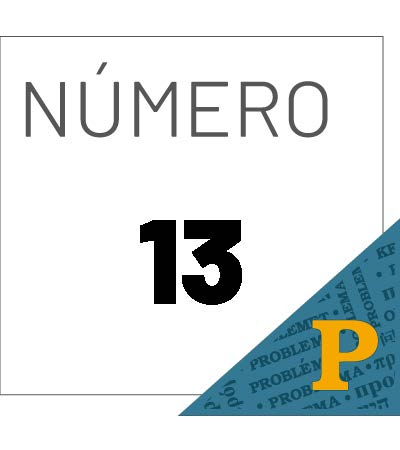Teorización y modelaje del derecho. Un enfoque unificador basado en cibernética, ciencia cognitiva y complejidad
Este artículo es parte de un proyecto mayor el cual busca usar conceptos de teoría de sistemas, complejidad y cibernética para poder crear modelos de comportamiento jurídico que puedan ser sujetos a modelaje y simulaciones computacionales, haciendo con ello que teoría y práctica sean más fáciles de interrelacionar. Debido a problemas de espacio, dos modelos del derecho serán ofrecidos al lector: uno sobre cómo es creado el conocimiento del derecho, la justicia, el Estado del derecho y cómo circula y otro sobre qué son las normas, cómo se implementan y quiénes son sus sujetos. El trabajo que se ofrece en este estudio se correlaciona con el enfoque socio-empírico del Law and Society. Concluyo que teoría y práctica tiene una relación recursiva: la teoría sin referente práctico es ficción y práctica sin teoría es un desarrollo a ciegas; el modelaje a computadora es una forma de mejorar la relación complementaria que ambas deben tener.
Detalles del artículo
Uso de licencias Creative Commons (CC)
Todos los textos publicados por Problema. Anuario de Filosofía y Teoría del Derecho sin excepción, se distribuyen amparados con la licencia CC BY-NC 4.0 Internacional, que permite a terceros utilizar lo publicado, siempre que mencionen la autoría del trabajo y la primera publicación en esta revista. No se permite utilizar el material con fines comerciales.
Derechos de autoras o autores
De acuerdo con la legislación vigente de derechos de autor Problema. Anuario de Filosofía y Teoría del Derecho reconoce y respeta el derecho moral de las autoras o autores, así como la titularidad del derecho patrimonial, el cual será transferido —de forma no exclusiva— a Problema para permitir su difusión legal en acceso abierto.
Autoras o autores pueden realizar otros acuerdos contractuales independientes y adicionales para la distribución no exclusiva de la versión del artículo publicado en Problema. Anuario de Filosofía y Teoría del Derecho (por ejemplo, incluirlo en un repositorio institucional o darlo a conocer en otros medios en papel o electrónicos), siempre que se indique clara y explícitamente que el trabajo se publicó por primera vez en Problema.
Para todo lo anterior, deben remitir la carta de transmisión de derechos patrimoniales de la primera publicación, debidamente requisitada y firmada por las autoras o autores. Este formato debe ser remitido en PDF a través de la plataforma OJS.
Derechos de lectoras o lectores
Con base en los principios de acceso abierto las lectoras o lectores de la revista tienen derecho a la libre lectura, impresión y distribución de los contenidos de Problema por cualquier medio, de manera inmediata a la publicación en línea de los contenidos. El único requisito para esto es que siempre se indique clara y explícitamente que el trabajo se publicó por primera vez en Problema. Anuario de Filosofía y Teoría del Derecho y se cite de manera correcta la fuente incluyendo el DOI correspondiente.
























